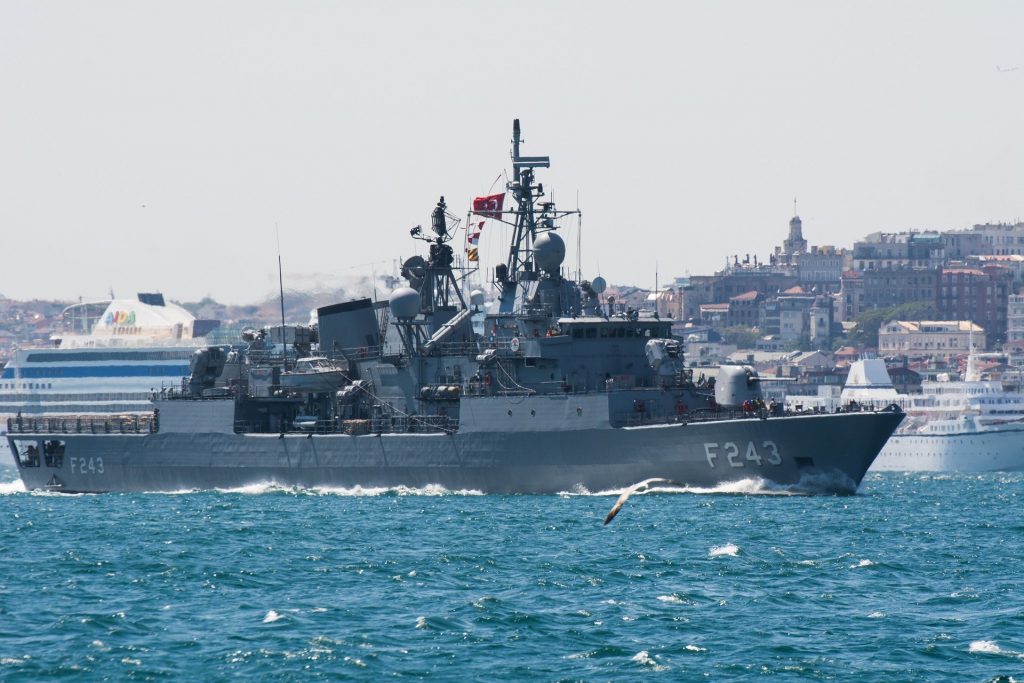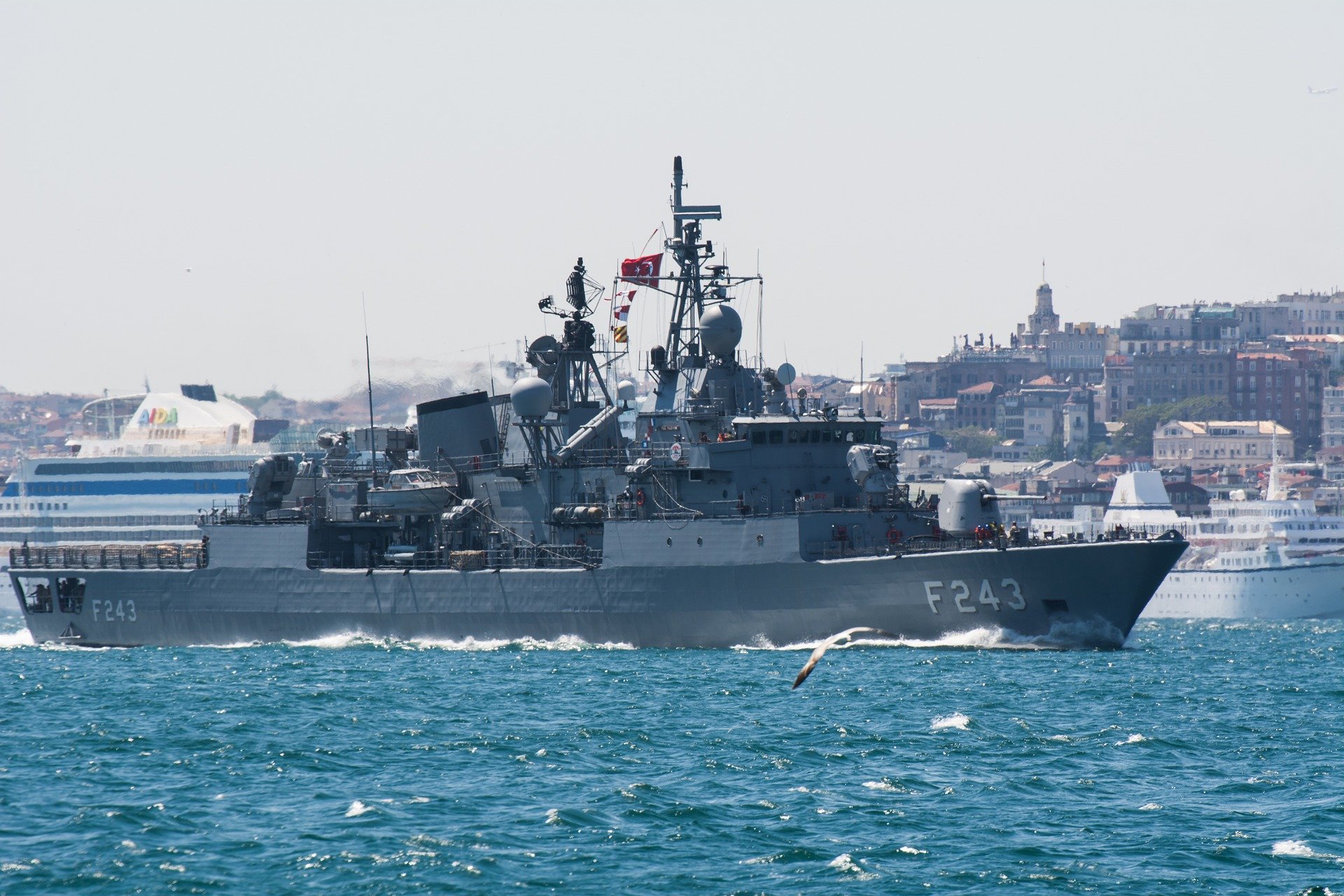
Tensions are rising dangerously in the Eastern Mediterranean between Greece and Turkey, two members of NATO. But can the world’s most powerful military alliance do anything to de-escalate the crisis?
When Greece and Turkey joined NATO in 1952, they did so based on NATO members’ assumption that the two countries’ membership of the alliance would pacify their behavior toward each other.
China was invited to join the World Trade Organization in 2001 on the same premise.
But as every relationship counselor tells quarreling couples, you can’t change someone’s personality. Thus, NATO finds itself with two member states that are officially allies, but whose suspicion of each other is never far from the surface. How to broker between two members without taking sides? NATO seems paralyzed.
But in reality, it’s not. Sure, two quarreling member states will affect an alliance, but NATO is still going strong on its main mission: defending the territorial integrity of its member states against sundry territorial threats from other countries and nonstate actors.






